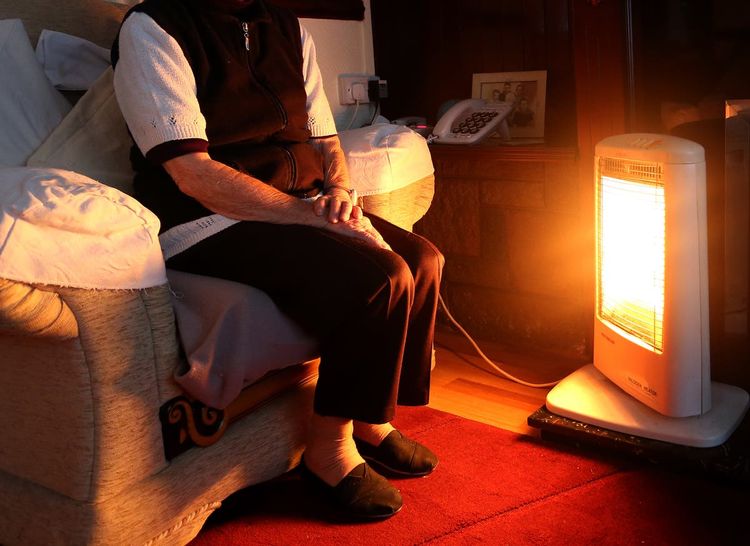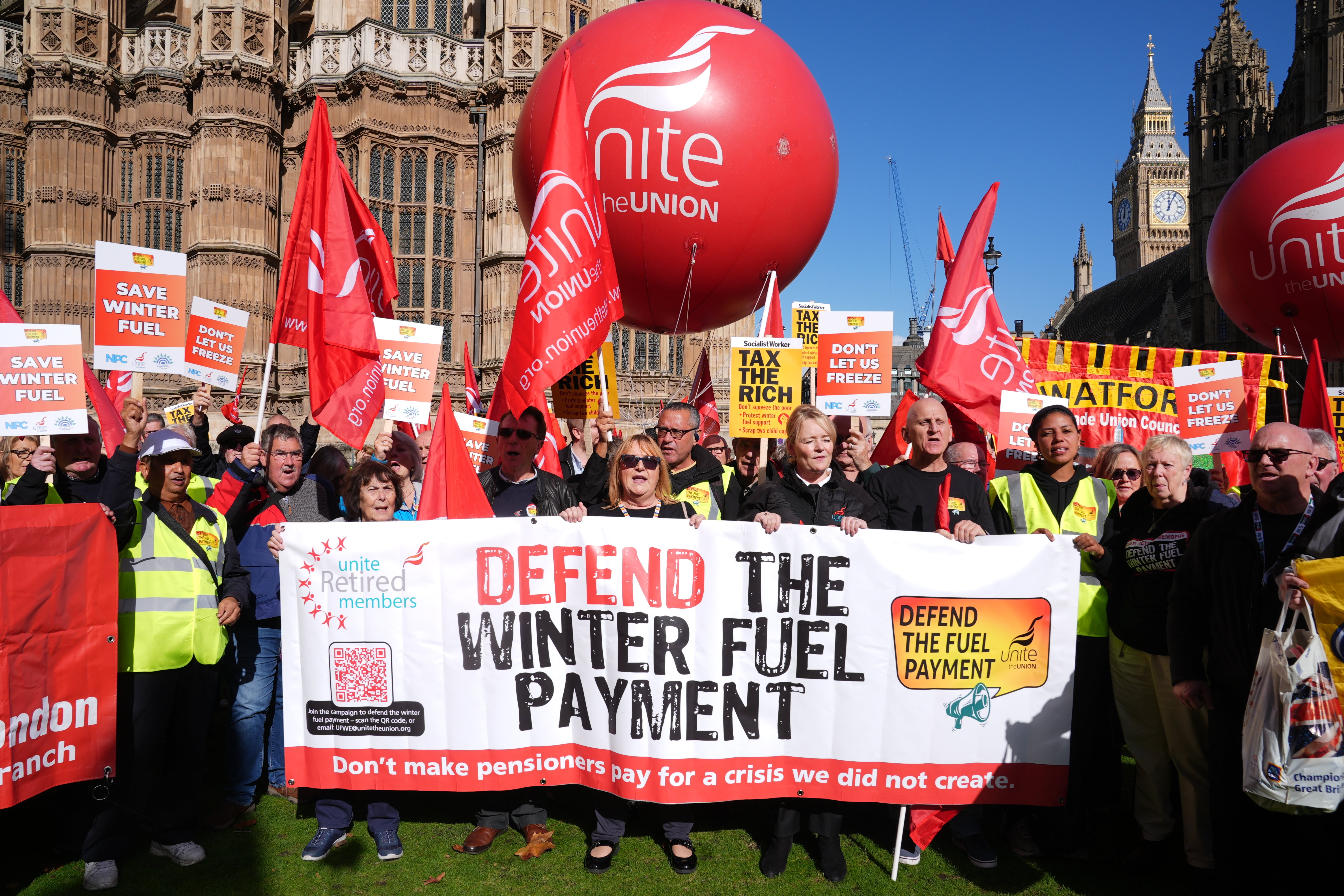The pensioner denied winter fuel payment because she’s just £3 over threshold

Subscribe For Free Morning News Updates!
Subscribe To Our Free Morning Headlines Email
A retiree will not receive winter fuel assistance this year as her income exceeds the qualifying limit by just £3.32.

Lynne Perry, a 69-year-old resident of Cornwall, shares that her state pension provides her with just enough income to exceed the £218.15 threshold for pension credit. This government assistance is designed to support older individuals who require additional financial aid for their living expenses.
Individuals receiving pension credit are eligible for the yearly winter fuel payment, which is based on financial need this year.
Chancellor Rachel Reeves opted to reduce the winter grant for most recipients after taking over a situation she characterized as a £22 billion gap in public funds. Approximately 10.7 million older adults will not receive their fuel payment, which can be as much as £300, this winter.
Ms. Perry, a retired educator, mentioned that her state pension amounts to £885.88 every four weeks. This puts her just £3.32 above the weekly income limit that decides if someone qualifies for pension credit, which also affects eligibility for the winter fuel payment.
Ms. Perry shared with The Independent, “I'm one of the Waspi women who was unable to retire at 60. What feels really unfair to me is that if I had worked fewer years and paid in less, I would actually be in a better financial position. Because I've worked hard and contributed for so many years, I don't qualify for pension credit.”
I recently had to relocate to a new home in Cornwall since I’m renting. I've settled into a renovated barn, but I've discovered that it isn’t in the best condition.
“I could end up paying £250 a month for electricity, and it still feels like I'm in a freezer. It's really cold in here, so I’m not excited about winter at all.”
Regarding the reductions in the winter fuel payment, Ms. Perry expressed her strong disapproval, stating, "I believe this is absolutely unfair. They could evaluate who needs assistance the most by looking at council tax bands. I get a small amount of housing benefit to help cover my rent—so why shouldn't elderly individuals who also rely on housing benefits receive help for their heating costs? It’s clear that we’re not well-off."
"I can see why wealthy individuals shouldn't receive the payments. However, personally, this reduction couldn't have happened at a more inconvenient moment for me."
Ms. Perry gets £395 each month in housing assistance to help cover her rent of £625. This housing benefit is not considered income when determining eligibility for pension credit.
She had managed to save some money, but she says that it has mostly gone towards her dental expenses and the costs associated with moving into a new place.
Ms. Perry, who thought about supporting Labour in the previous election but chose to back the Liberal Democrats at the last moment, expressed that the reduction in fuel payments has made her feel pleased with her decision.
She expressed, "I'm quite let down by Labour, and I believe many others feel the same way. I still have a little money saved up, but it's down to just a few pounds now. I'm certain I'll need to dip into those savings this winter."
I recently came across a report stating that Rachel Reeves has claimed £4,400 in expenses for heating her second home, and I find that really frustrating. It feels like she's just adding insult to injury and doesn't respect our intelligence at all.
A recent study conducted by the People’s Health Trust, which involved over 30 charitable organizations, indicated that senior citizens are concerned about “how they will manage during the winter without the financial support they previously received.”
A charity that assists elderly individuals expressed, “The biggest concern is that they won't be able to heat their homes adequately to stay warm.” Another organization noted, “Starting from October 1, 2024, energy costs will increase. Electricity prices are rising, gas prices are climbing, and council tax rates are also going up. What options do we have left for staying warm?”
Another charity representative remarked, “Many elderly people who lose their winter fuel payments will face tough decisions between keeping their clothes and bedding clean, turning on the heat, or preparing nutritious meals.”
The choice to reduce the winter fuel payment for the majority of pensioners has faced backlash from within the Labour Party. During the party conference in September, the trade union Unite urged the government to change its mind and restore the payment.
When Sir Keir Starmer brought the matter to a vote, Labour MP Jon Trickett opted against it, and 53 others chose not to vote at all. According to reports, several MPs have been privately discussing with Ms. Reeves and Sir Keir, arguing for increased support for pensioners who earn slightly more than the pension credit limit.
A representative from the government stated, “We are dedicated to helping retirees, with millions expected to benefit from an increase in their state pension of up to £1,700 during this parliamentary term, thanks to our pledge to uphold the triple lock.”
More than a million retirees will continue to receive the winter fuel payment, and our efforts to increase the number of people claiming pension credit have already resulted in a 152 percent rise in applications. Additionally, many individuals will benefit from the £150 warm home discount to assist with their winter energy expenses. Our expansion of the household support fund will also provide help with food, heating, and other bills.









































